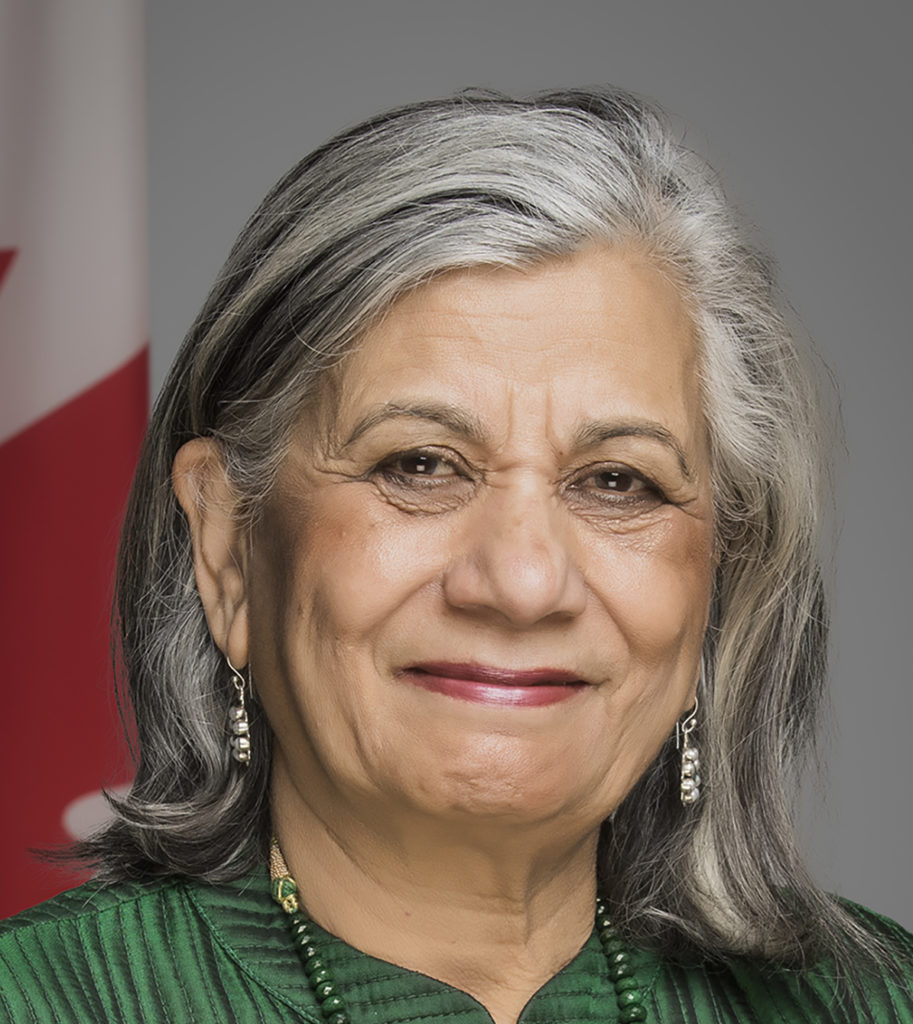
(September 9, 2020) With the installation of new finance minister Chrystia Freeland, Senator Ratna Omidvar is renewing her call to reform the charitable sector.
Senator Omidvar was the deputy chair of the Special Senate Committee on the Charity Sector, which ran from January 2018 until it issued a report in June 2019. The role of the committee was to examine the impact of federal and provincial laws and policies governing charities, nonprofit organizations, foundations, and other similar groups.
“The WE controversy is a lift off point to illustrate the urgent need to reform the charitable sector including modernizing regulations around earned revenue for charities as well as diversifying board governance,” she said.
“If anything,” Omidvar wrote in a Toronto Star op-ed, “the WE affair has displayed the urgent need for a hard look at the sector.”
She says charities need to be supported in developing their governance capacity in order to ensure transparency and accountability, that charities should reflect the diversity of Canada and that we need to collect data on diversity to get a better information on governance.
“There are only three sources of revenue for charities—charitable donations, government grants and earned revenue,” she wrote in Policy Options magazine on September 8. “Of the three, only earned revenue is forecasted to grow. It is not realistic for us to starve charities of the only revenue stream that can stabilize their financial future.”
Even in the wake of the WE charity controversy where “there are at least five or six different organizations that have been setup to do distinctly different but associated things,” she believes the re-drafting of 50-year old regulations must be undertaken to make it easier for charities to “enable charities to generate revenue from unrelated businesses.”
Imagine Canada, a lobby group for philanthropy sector testified in front of the senate committee saying that, [“W]ith constraints emerging and demand increasing, charities are going to need to be able to explore every funding opportunity available to them. Out of government funding, philanthropy and earned income, only the last one offers any prospect of long-term growth, and it’s a constrained alternative.
In the current system charities who want to generate earned revenue have to set up an arms-length organization which can flow net revenue through to a charity. But the rules governing this process are strict and the costs are “a deterrent to charities looking for new sources of revenue,” says Omidvar.
The senator contends that the reason charity sector is saddled with “outmoded laws and regulations that hinder their ability to deliver on their charitable mission … is because no government has paid any attention to the sector as a whole.”
She calls it a “sign of the benign neglect that the charitable sector has suffered.”
In other jurisdictions, such as Australia, steps have been undertaken to build the capacity of the charity sector, improve its impact and provide relevant regulation. The Australian Charities and Not-for-profits Commission Act (ACNC) was established in 2012 with the following objectives:
- maintain, protect and enhance public trust and confidence in the Australian not-for-profit sector
- support and sustain a robust, vibrant, independent and innovative not-for-profit sector
- promote the reduction of unnecessary regulatory obligations on the sector
It’s website is host to a wide range of resources for charities and it created a Charity Passport. The Charity Passport uses a ‘report once, use often’ philosophy, which “reduces the amount of information that charities must provide to different government agencies.”
In 2019, the government announced the creation of the post of Assistant Minister for Finance, Charities and Electoral Matters, a position will include oversight of the ACNC.
Best practices exist. Canada might do well to look beyond its borders to another Commonwealth country for guidance on to reform the charity sector as opposed to tinkering with the system we have.